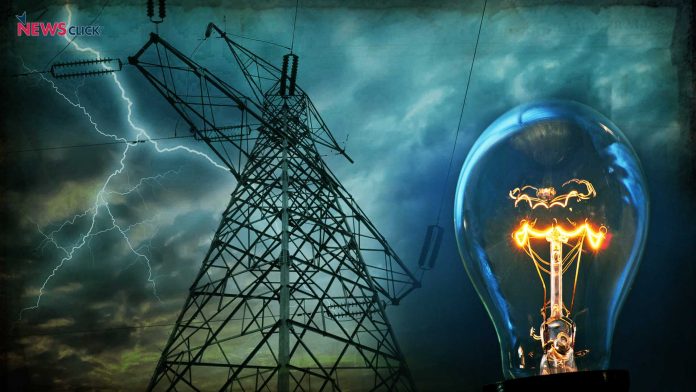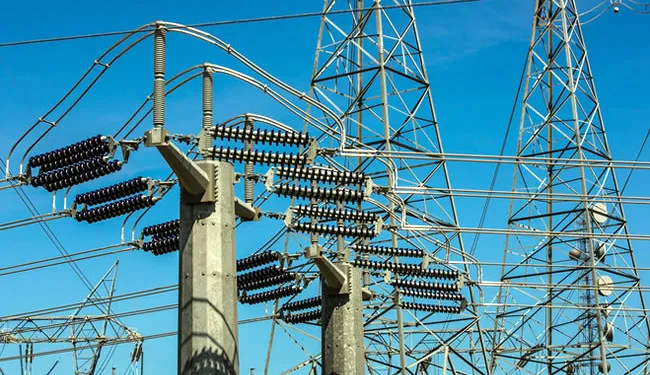Electricity users across Nigeria failed to pay a total of ₦70.25bn in May 2025, according to the Nigerian Electricity Regulatory Commission (NERC). This fresh data underscores the deepening crisis in Nigeria’s power sector.
The 12 electricity distribution companies, known as DisCos, billed consumers ₦261.82bn in May. But they could only collect ₦191.57bn. That’s just 73.17% of what they expected.
This figure represents a sharp drop from April, when collection stood at 77.59%. The decline in May, by 4.42 percentage points, signals rising concerns over liquidity and sustainability in the sector.
Energy supply rose slightly in the same month. DisCos received 2,774.49 gigawatt-hours (GWh) of power, up by 5.80% from April. They billed 2,255.51GWh, which was also an increase of 3.25%.
But billing efficiency fell despite these gains. In May, DisCos billed only 81.29% of the energy they received. That was a 2.01 percentage point dip compared to April’s performance.
Low Recovery Rates Raise Sectoral Worries
The average electricity tariff allowed for May was ₦116.25 per kilowatt-hour. However, DisCos only recovered ₦82.05/kWh in actual payments. That means they operated at a recovery efficiency of 70.58%.
That was a 7.32 percentage point drop from the previous month. This poor revenue recovery is one of the biggest warning signs for the financial future of the power industry.
Some distribution companies stood out, however. “Ikeja recorded the highest billing efficiency of 89.04%, while Eko topped recovery performance with 82.52%,” the report noted. Ikeja wasn’t far behind on recovery either, achieving 81.55%.
Others performed far worse. Yola DisCo reported the weakest billing efficiency of 63.45%, while Jos DisCo posted the lowest collection efficiency at 35.55%. For every ₦100 worth of power billed in Jos, only about ₦36 was recovered.
The disparity across DisCos shows how performance remains uneven. Some areas are clearly better at payment compliance, while others are struggling with deep-rooted non-payment culture.
Should the NERC do more to enforce penalties for non-performing DisCos? How can consumers be encouraged to pay their electricity bills more consistently – lowering tariffs?Electricity Market Still in Trouble Despite Marginal Gains
Even with improved power supply and billing values, the broader commercial performance of the electricity market dropped in May.
While more energy was made available and billed, the key metrics that matter — collection and recovery — took a nosedive. That’s where the money is, and that’s what’s missing.
Analysts have long warned that Nigeria’s electricity sector cannot function sustainably if billing and collection inefficiencies persist. Without adequate revenue assurance, DisCos cannot invest in infrastructure, expand metering, or pay their upstream suppliers like the Transmission Company of Nigeria.
“The decline in commercial performance highlights the ongoing challenges in financial recovery and operational efficiency,” NERC concluded.
Until these issues are fixed, the dream of steady, reliable power for Nigerian homes and businesses remains just that — a dream.
Rate, Like 👍, Comment💬, share this article, Follow us on our social media handles, and Submit your own story to get featured and earn rewards!







